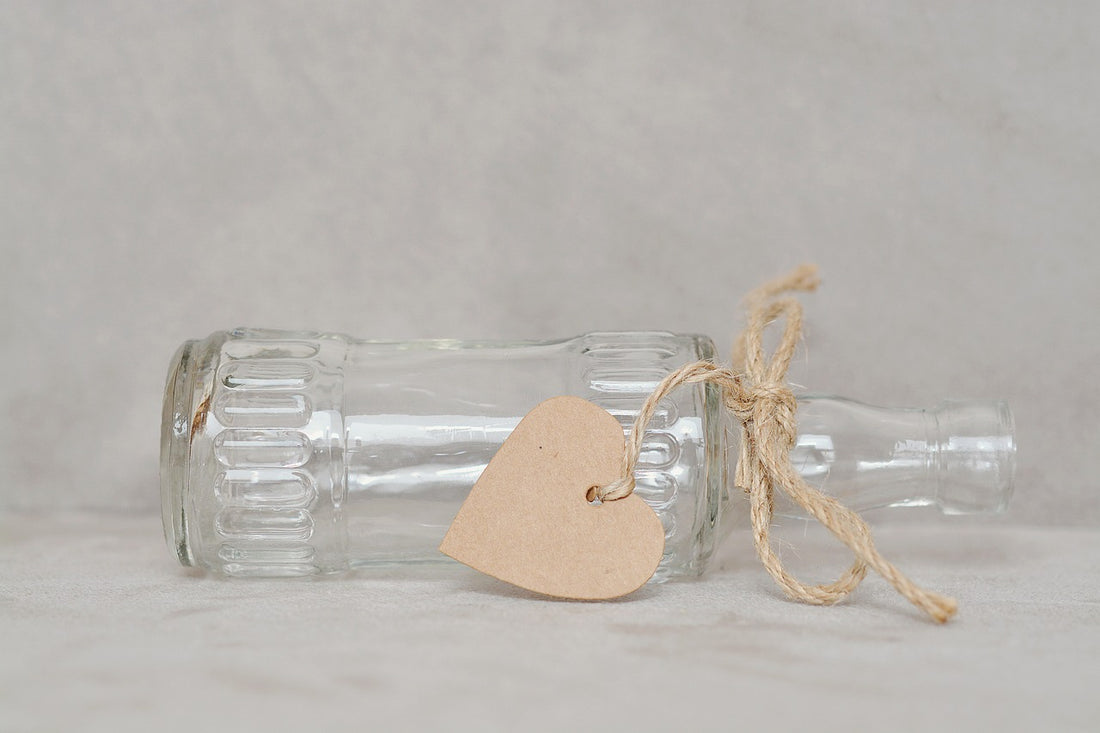
doTERRA Essential Oils and Plastic: Understanding Compatibility and Best Practices
Donna SmithdoTERRA Essential Oils and Plastic: Understanding Compatibility and Best Practices
Essential oils have powerful chemical compounds that can interact with certain materials, particularly plastics. Many essential oil users wonder if it’s safe to store or mix doTERRA essential oils in plastic containers, and if so, which types are best. This blog will explore how essential oils react with plastics, which containers to avoid, and the best practices for using and storing oils safely.
How do Essential Oils Interact with Plastics?
Essential oils are highly concentrated and can degrade certain types of plastics. Citrus oils, such as Lemon, Wild Orange, and Grapefruit, are particularly aggressive due to their natural compounds called terpenes. When essential oils come into contact with plastics that aren’t resistant to oil compounds, they can break down the material, causing it to warp or leach chemicals into the oil. This not only affects the oil’s purity but can also compromise the integrity of the container.
Plastics to Avoid with Essential Oils
Some plastics are more vulnerable to degradation by essential oils. Generally, avoid storing or mixing essential oils in containers made from these types:
- Polyethylene (PET/PETE): Common in disposable bottles, PET plastic is more resistant to essential oils than others but can still degrade over time with direct exposure.
- Polyvinyl Chloride (PVC): Highly susceptible to chemical degradation, PVC can quickly warp and leach toxic chemicals into oils.
- Polystyrene (PS): Found in many inexpensive containers, polystyrene is prone to melting or warping when exposed to essential oils.
Which Plastics Are More Suitable?
While glass and stainless steel are typically the best choices, certain plastics are better suited to handle essential oils if you need a lighter or more durable alternative. The following types of plastic are considered more oil-resistant:
- High-Density Polyethylene (HDPE): HDPE is thicker and more chemically stable, making it a safer option for short-term storage or when diluting oils with water.
- Polypropylene (PP): Often used in caps and essential oil diffusers, polypropylene is more resistant to essential oils, though long-term exposure can still cause minor damage.
Best Practices for Using Essential Oils with Containers
- Opt for Glass or Stainless Steel When Possible: Glass (particularly dark-coloured glass) and stainless steel containers are ideal for essential oils, as they are non-reactive and maintain oil purity over time.
- Use Essential Oil-Resistant Plastic for Short-Term Use: If plastic must be used, ensure it’s HDPE or PP, as these types are less reactive. This is especially useful for products like diffusers, where plastic exposure is minimal and contained within internal components.
- Avoid Storing Undiluted Oils in Plastic: Undiluted oils are the most potent and are more likely to cause plastic degradation. Store undiluted oils in glass containers to maintain purity and avoid leaching chemicals.
- Dilute Oils Properly for Plastic Diffusers: Many essential oil diffusers are made from PP plastic, which can tolerate diluted essential oils well. Ensure oils are properly diluted with water to minimise exposure and prevent any potential reaction.
- Avoid Citrus Oils in Plastic Bottles: Citrus essential oils are particularly prone to reacting with plastic, so it’s best to use glass or stainless steel containers if you’re using Lemon, Wild Orange, Grapefruit, or similar oils in cleaning sprays or personal care products.
Final Thoughts on Essential Oils and Plastic
While some plastics can withstand essential oils better than others, glass and stainless steel remain the most reliable options for storage and application. Using appropriate containers ensures the quality and safety of your oils and extends the lifespan of your containers. By understanding how different materials react with essential oils, you can make informed choices to enjoy doTERRA products safely and effectively.
For those using essential oils regularly, switching to glass bottles and stainless steel containers is a worthwhile investment for maintaining oil purity and potency. With a little care in choosing the right materials, you can enjoy the benefits of doTERRA essential oils without compromising on quality or safety.
